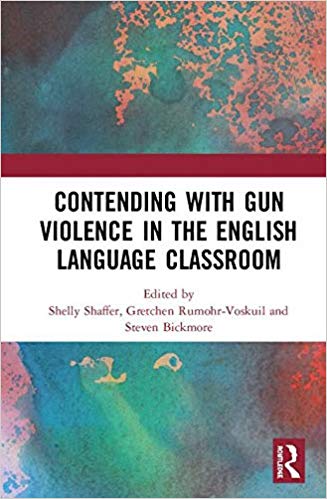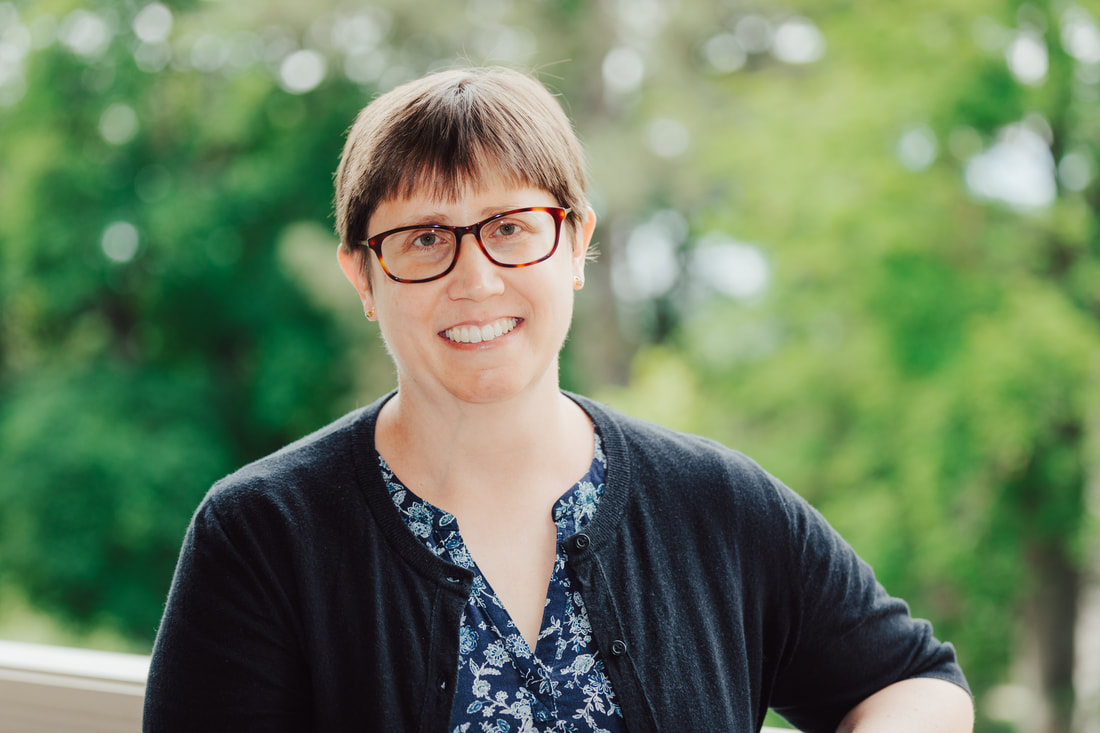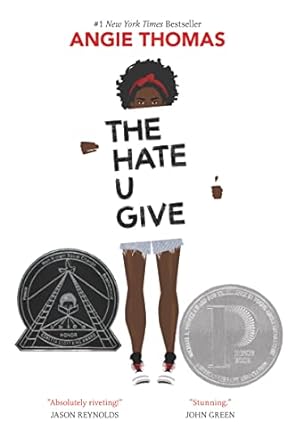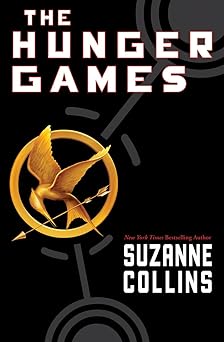In Pursuit of Joy by Katie Sluiter
| It is a great pleasure to have Katie contributing once again. Over the years she has contributed posts, weekend picks, and has been an avid support of this blog space. Without a question, she has been busy. She and her family just finished building and moving into a new house all during the final year of her PhD work. Happily Katie is now Dr. Sluiter-- Way to go! Katie Sluiter has taught ELA for over twenty years in West Michigan where she lives with her family and her English bulldog. She has her PhD in English Education from Western Michigan University and currently teaches 8th-grade ELA. |
During her workshop, Muhammad took the time to sit with me and talk about how to include the pursuit of joy in our Ghost Boys unit, and from there I have begun to incorporate the pursuit of joy throughout the school year.
The following is a glimpse at some of the ways we have started intentionally pursuing joy in one of our novel units in our eighth grade ELA classes.
I also moved to Black Boy Joy and Black Girl Magic specifically by giving each student a sticky note and having them jot down a word or two that tells what they think of when they hear one or both terms. About a quarter of our student population identifies as Black and an additional percentage identify as mixed race with one Black parent. Many responses were personal: sticky notes with “Me!”, “my family”, “my friends”, “my little brother”, etc. written on them. Non Black-identifying students also gave positive responses: “my best friend”, “Lizzo!”, “Black kids who are happy and doing cool things”, and “their awesome hairstyles!”
Students referred back to joy with all the young characters in the book: Jerome and Emmet Till for Black Boy Joy and Jerome’s sister Kim for Black Girl Magic, but also Sarah (the white cop’s daughter) and Carlos (his friend who he learns about el Dia de los Muertos from).
This allows us to look at the violence against Black boys as something that is extinguishing joy and magic from our collective culture of the United States. Students are able to think about our own reality in our small, urban school district and what might contribute to the destruction of their joy and magic.
Joy in the face of violence and despair leads us into the idea of informed action and how they might identify similar issues of joy destruction and form ways to enact change.
We still have a lot of work ahead of us to completely reframe our curriculum to align with Muhammad’s five pursuits (identity, skills, intellect, criticality, and joy), but just shifting our focus from the destructive results of human injustices to the actual joy-filled humans is a healthy start for us and most especially for our 8th graders.
Muhammad, Gholdy. Cultivating Genius: An Equity Framework for Culturally and
Historically Responsive Literacy. Scholastic, 2021.
Muhammad, Gholdy. Unearthing Joy: A Guide to Culturally and Historically Responsive
Teaching and Learning. Scholastic, 2023.
Rhodes, Jewell Parker. Ghost Boys. Little, Brown Books for Young Readers, 2018.







































































 RSS Feed
RSS Feed